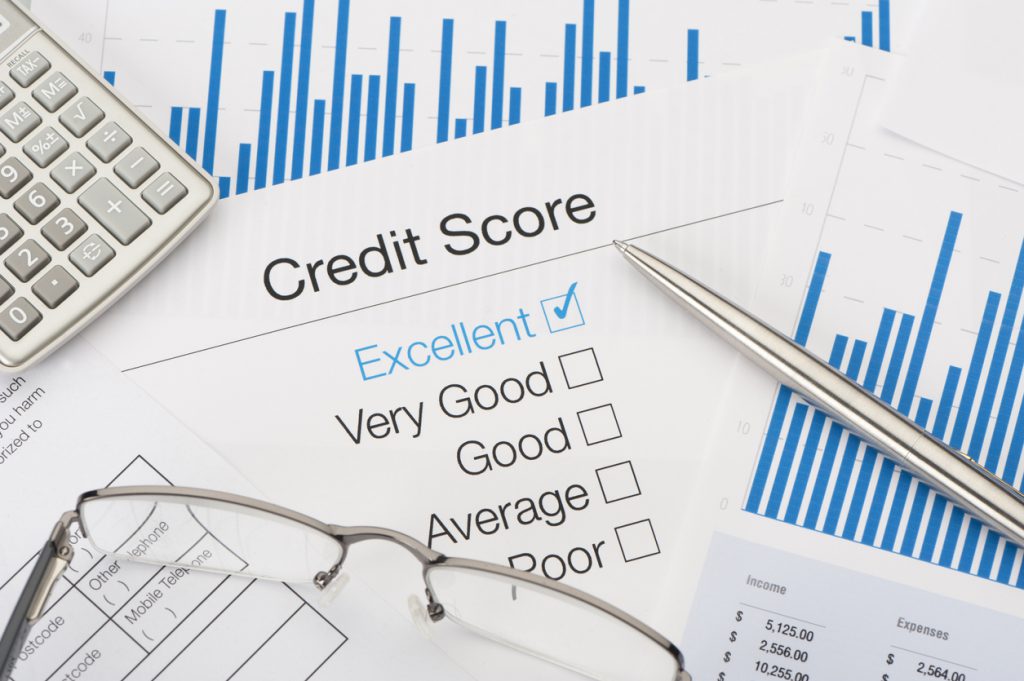6 Ways to Improve Your Credit Score
There’s no shame in a low credit score. It’s actually quite common, especially among young people. But the consequences of a lagging score over many years may eventually catch up to you. And while big life events can certainly play into your credit score, it’s the smaller day-to-day choices we make that often keep us in the red.
If money management isn’t your strong suit, think of your credit score as a tool that can help you manage your finances. A score under 580 is considered poor, while 740 or higher is good.
Credit scores go up and down based on many different factors. There are lots of reasons to raise it, if only by a little. Doing so can lead to healthier spending habits. More important, a decent score will give you greater financial buying power later in life.
1. Find Out What’s Causing Your Low Credit Score
First, try to find out the source of your poor score. After all, if you don’t know what’s causing the problem it will be harder to solve it. A low number may not signify anything bad. Taking out a loan will cause your credit score to go down. It will gradually go back up as the loan is paid off.
The main culprits of low credit scores include:
- A high balance on multiple credit cards
- Very late payments
- Bill payment defaults
- Loan defaults
- Misinformation in your file
Everyone is entitled to a free copy of their credit report every year from each of the three credit reporting companies. If your low score has you scratching your head, there might be a hint in your credit report. It contains your credit account history and other personal information submitted by lenders and creditors. Inaccurate or missing information is very common and can be disputed here online.
2. Pay Those Bills on Time
Since late payments are the biggest driver of lower scores, building up a history of on-time payments is one of the best ways to improve credit scores. Payments that are 30 days late or more are often reported to the credit bureaus, which can trigger a lower number. Therefore, a good strategy is to make credit card payments within 29 days or less. If your crazy schedule or messy home has you missing bill payments, be sure to use automatic payment options as often as possible so that you don’t need to rely on reminders. Credit cards allow you to set autopay so that at least your minimum payments are made.
3. Lower Your Outstanding Balances
Credit utilization is the portion of your credit limit that you’re using at any given time. After payment history, it’s the second most important factor in credit score calculations, according to Investopedia. A continually high balance on credit accounts can lead to a high credit utilization rate and hurt even the scores of people who aren’t behind on their bills.
At a minimum, try to keep your total outstanding balance at 30 percent or less of your total credit limit. If you’re not sure what your percentage is, contact your credit card company. Your credit utilization can also be improved by paying your credit card balances in full each month, which might require cutting down on your spending. Getting that balance down to 10 percent or less is a surefire way to improve your credit score.
4. Avoid Unhealthy Temptations
If you’re struggling with poor credit, you might already be aware that credit cards are a double-edged sword. They’re great for emergencies. They help you build a credit history, which is necessary for a good credit score. But they often come with too many temptations that put people’s financial well-being at risk. Avoid applying for any new accounts or loans, as well as offers extending credit you can’t afford.
5. Consider a Prepaid Debit Card
If your credit card balance is simply too difficult to control, consider using a prepaid debit card for life’s necessities. While a prepaid debit card alone won’t guarantee a better score, it will give you the convenience of plastic without the temptation to spend money you don’t have.
6. Be Patient
As with all things worth doing, patience is a virtue. There’s just no quick fix when it comes to improving a credit score, so try not to get too stressed by your less-than-stellar rating. If you set your sights on improving your financial decisions, a better credit score will eventually follow.
At Community Financial Service Centers we offer a wide variety of financial services and bill payment options. Find the nearest CFSC location and call or stop by to find out which options can help you gain more control over your finances.

With over 350 locations, many open nights, weekends, and holidays (and several stores with 24/7 availability), you can rest easy knowing your financial needs can be taken care of when you need them most. We’re in the heart of every community. Don’t believe us? See for yourself.